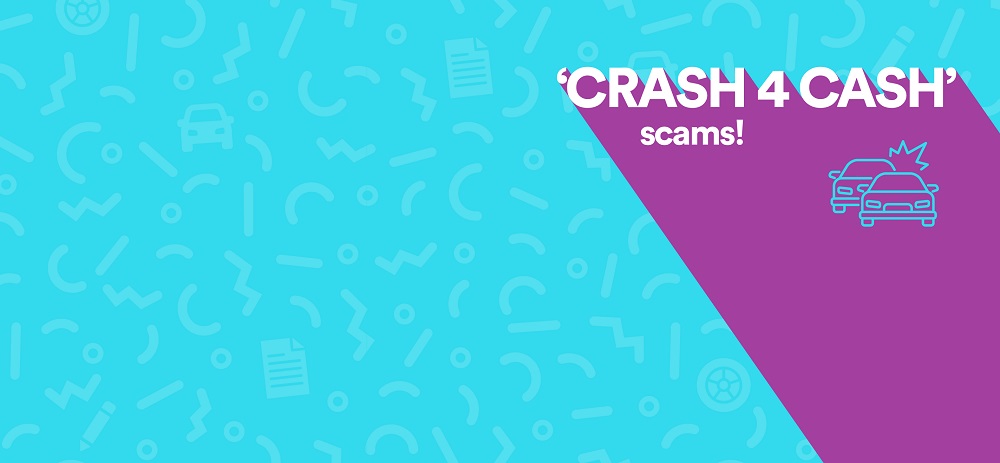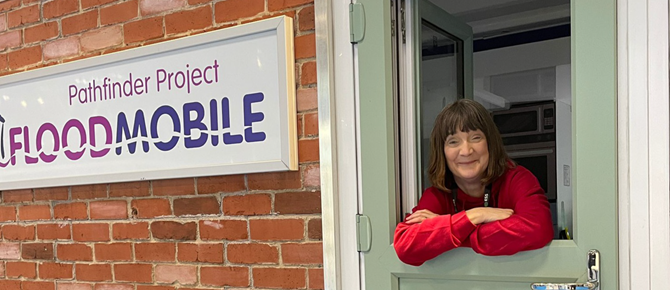 What's next for Personal Lines insurance?
What's next for Personal Lines insurance?
As we enter a less restricted way of life, we’re predicting a rise in induced road collisions, also known as ‘Crash 4 Cash’ scams, over the coming months as the UK leaves lockdown.
Last year we saw cases rise by 150% when the first national lockdown was lifted and we’re expecting another rise during this next period of easing restrictions.
What’s an induced collision?
Induced collisions are when a fraudster orchestrates an incident with an innocent victim to generate a claim. An example of this would be where a motorist deliberately brakes in front of another to cause them to crash into their vehicle.
So where are these incidents occurring?
According to our data, Birmingham is among the top places where our customers have been targeted with this type of fraud. Leicester, Coventry, Nottingham, Sheffield and Harrow and Romford in London were also hotspots.
Robin Challand, Claims Director at Ageas Insurance, says, “Lockdowns made it harder for Crash 4 Cash scammers to operate because with less traffic on the road it made it more difficult to disguise their actions. But as restrictions are lifted and road-use returns to more normal levels, that’s when we see these criminals start to re-emerge and put innocent motorists at risk by causing accidents. We’re urging motorists to be vigilant and be aware of some of the tell-tale signs of a scam.”
Stephen Dalton, Head of Intelligence and Investigations at the Insurance Fraud Bureau (IFB), said, “As traffic levels continue to get back to normal, drivers should be cautious of ‘Crash 4 Cash’ scams on the road as fraudsters may sadly be looking to make up for lost time. It’s essential that drivers follow safe-driving guidelines to help prevent themselves from falling victim to this dangerous scam. In addition, if someone suspects they’ve seen a ‘Crash 4 Cash’ attempt it can be reported to our confidential and anonymous Cheatline online or on 0800 422 0421.”
Make sure you’re in the know…
We’ve pulled together our advice on what motorists should do if they think they’ve been involved in an induced accident:
- Don’t confront the other driver. They may be dangerous, and in some cases, Ageas has seen they can act aggressively in order to intimidate their victims.
- It’s important you still exchange details with the driver. It’s a legal offence not to. Provide your name, address, car registration and insurance details and make sure you get the same from them.
- Make a note of as much information as you can as quickly as you can after the accident before you forget. This could include information about the driver, any passengers, the circumstances of the collision. Pictures, dashcam footage and CCTV in the area are also useful.
- If there were any witnesses to the accident, get their details.
- Report the incident to the Police and tell your insurer. If you have a suspicion that it might have been an induced accident, notify the Police as well as your insurer.
- Report it to Cheatline. The Insurance Fraud Bureau’s Cheatline allows members of the public to report insurance fraud free, anonymously and confidentially. You can call on 0800 422 0421 or visit www.insurancefraudbureau.org/cheatline
Robin highlighted some of the signs of induced collisions, stating, “There are some steps motorists can take to avoid falling victim to these induced accidents. As well as being aware of what the tell-tale signs are, they should always keep a safe braking distance, be cautious when pulling out of side roads (especially if encouraged to by another driver) and remember to focus on the car as well as the brake lights, as fraudsters often disable these to trick people into crashing.”




